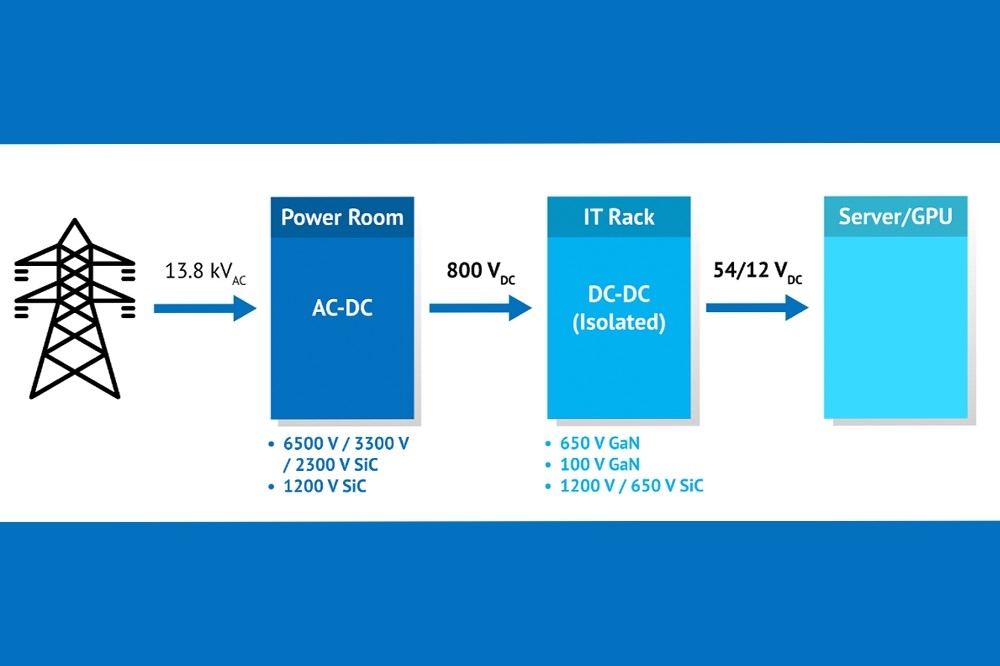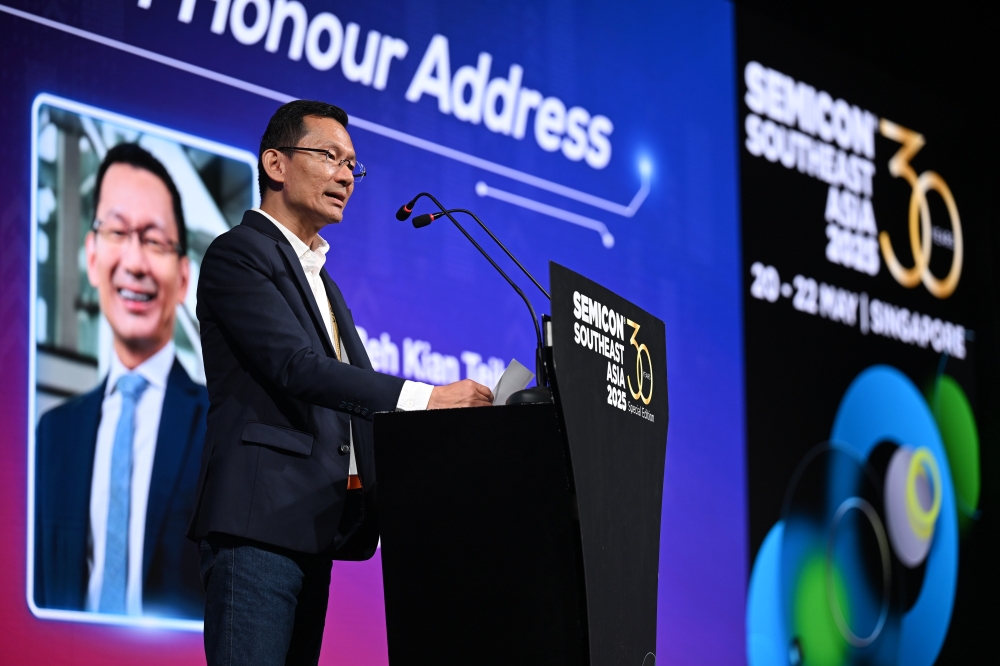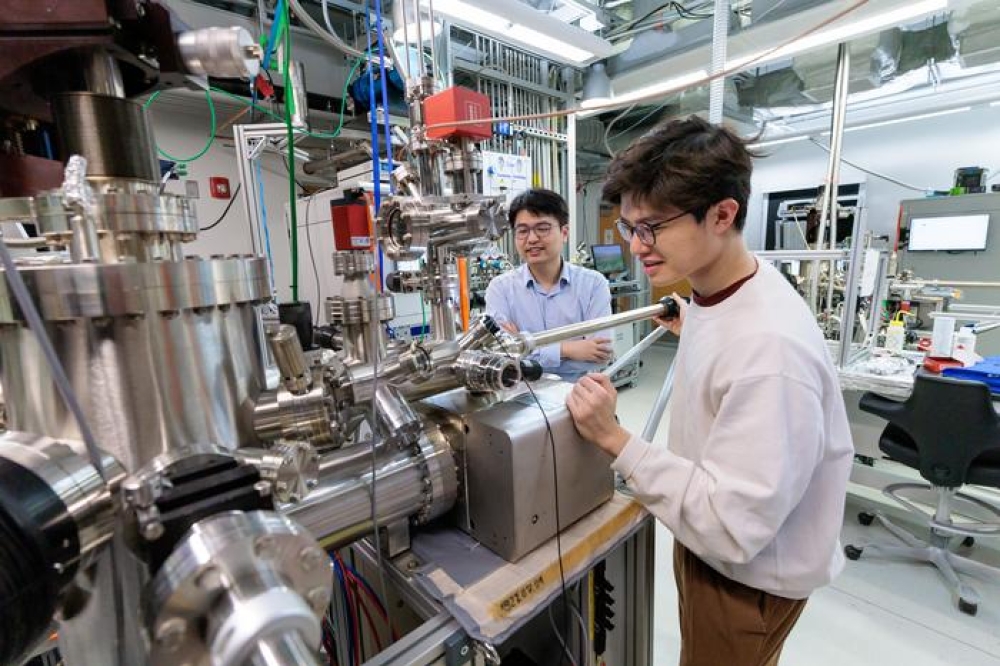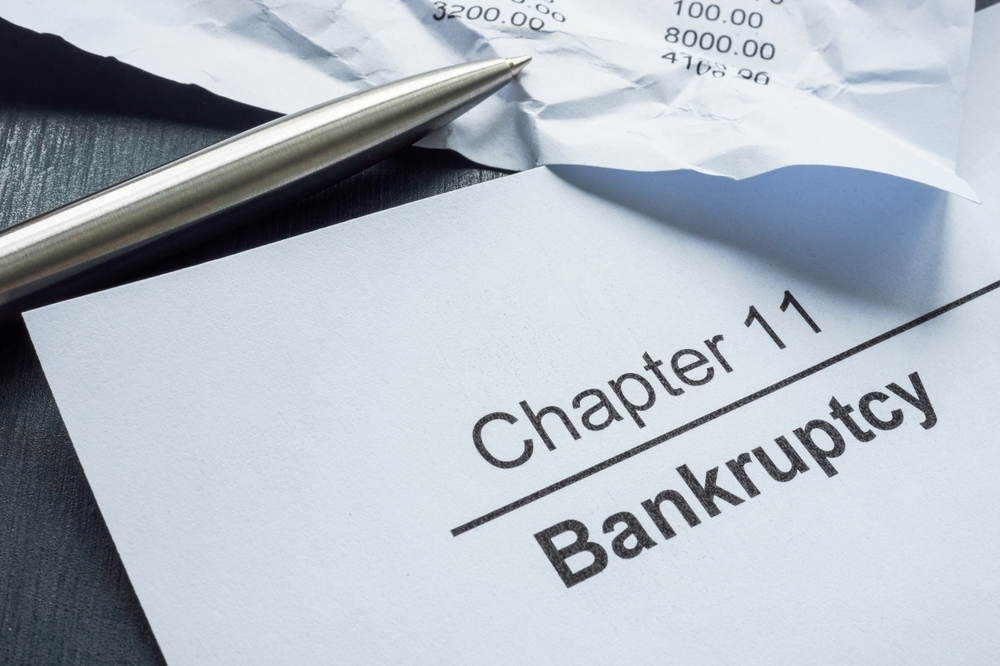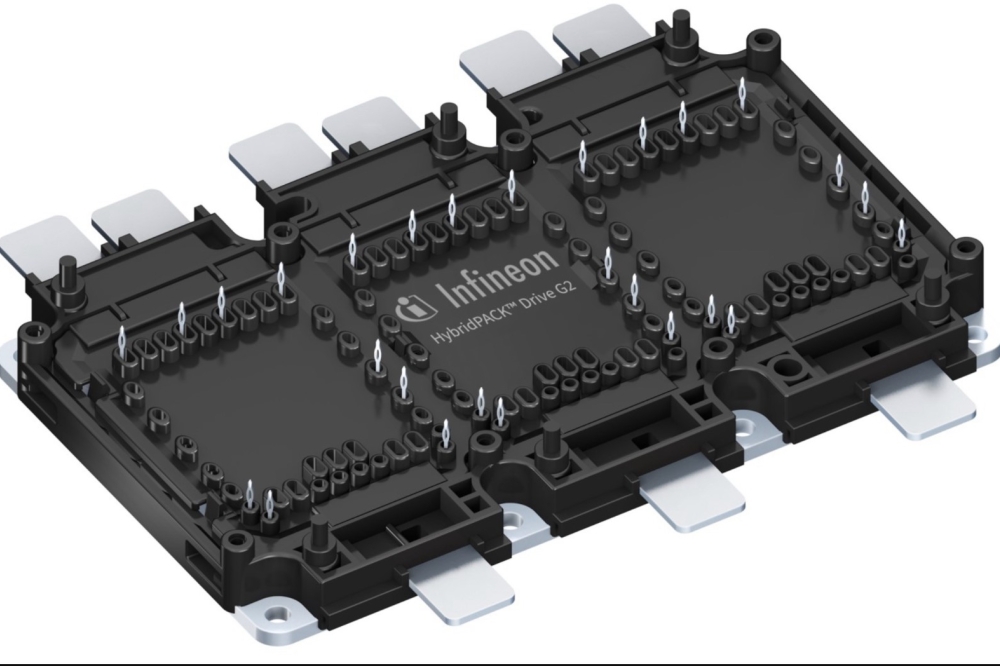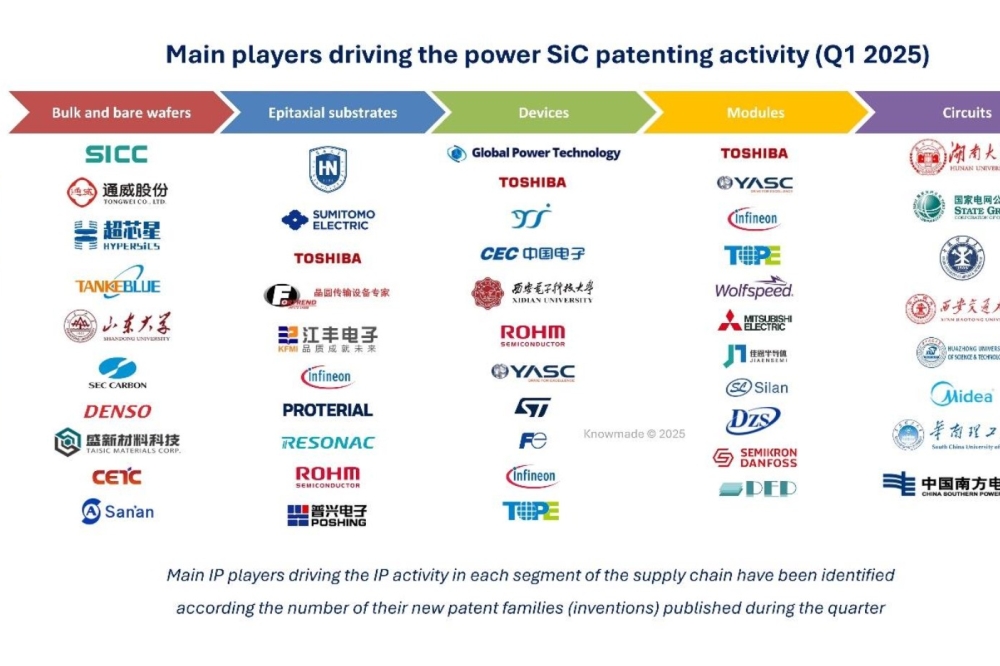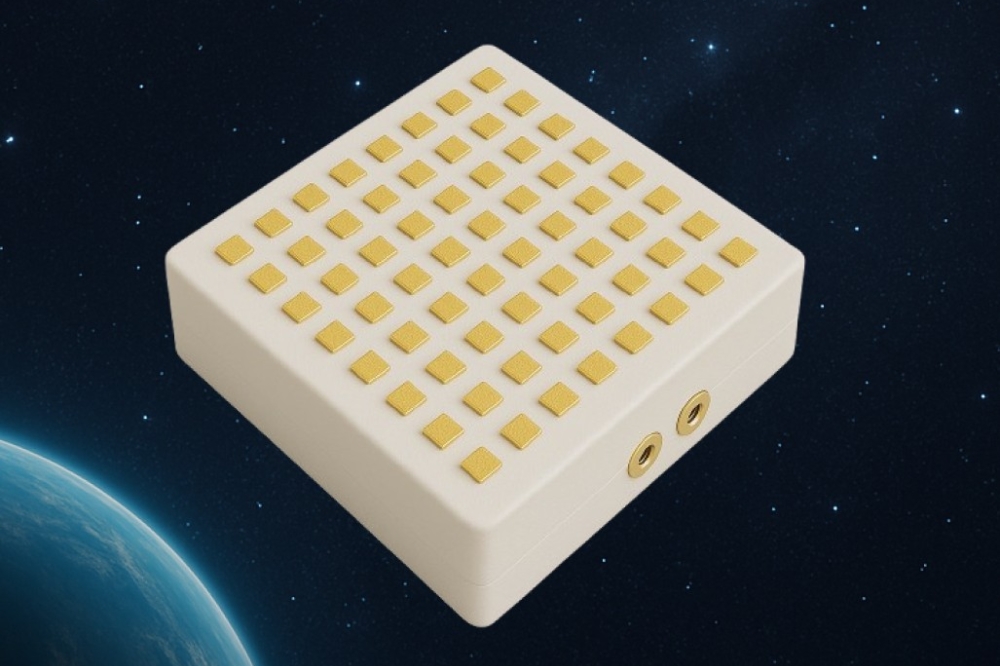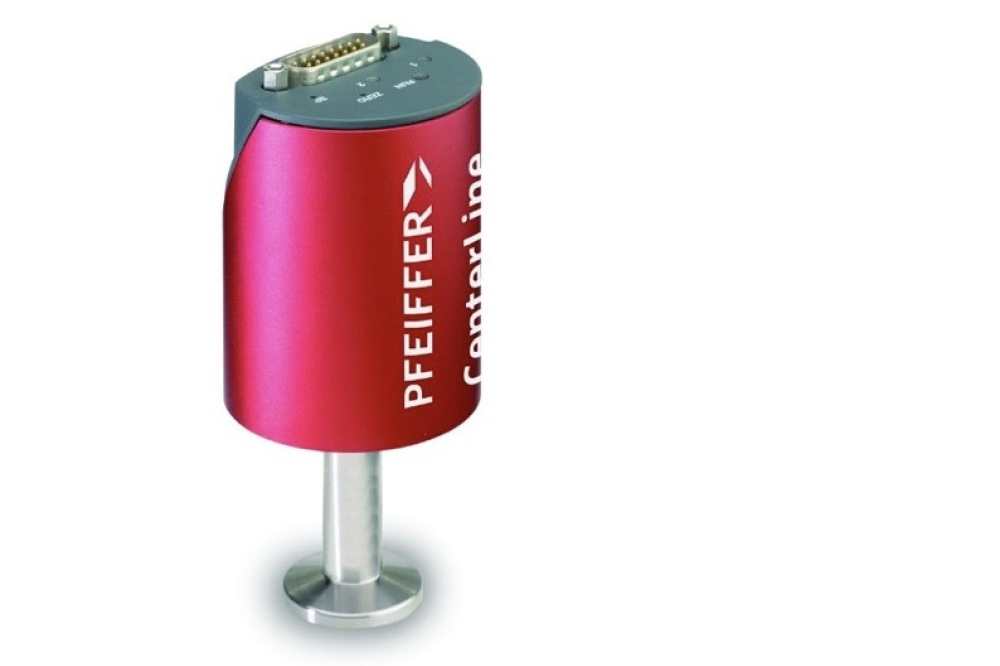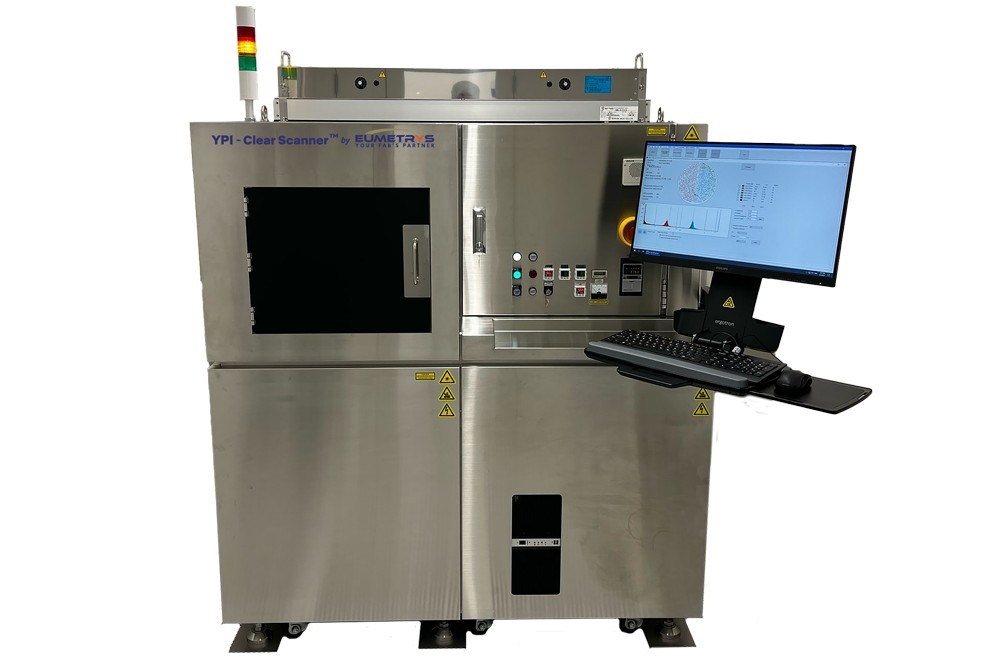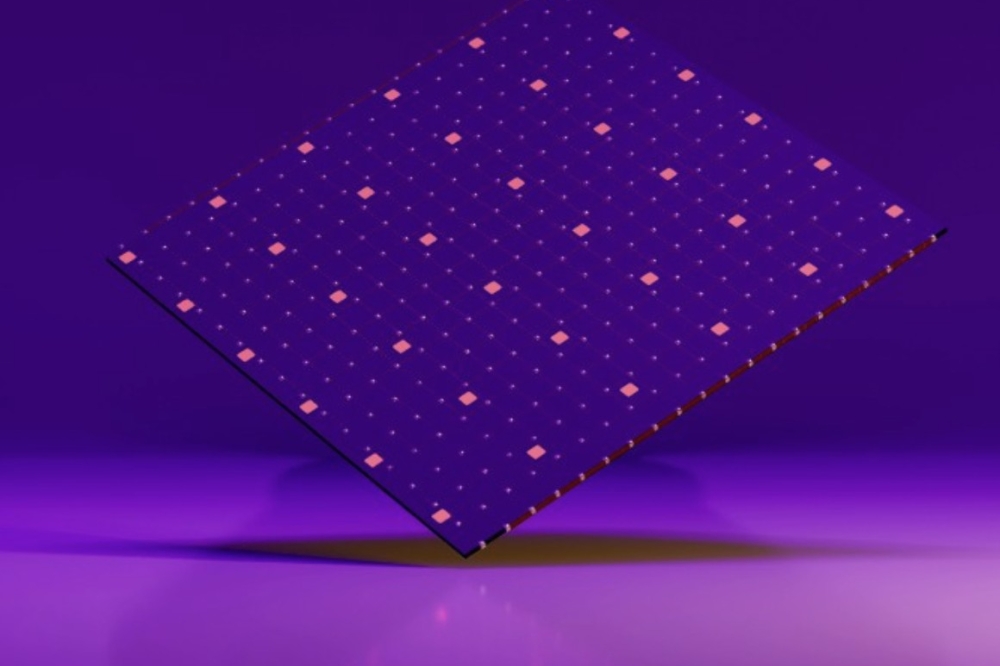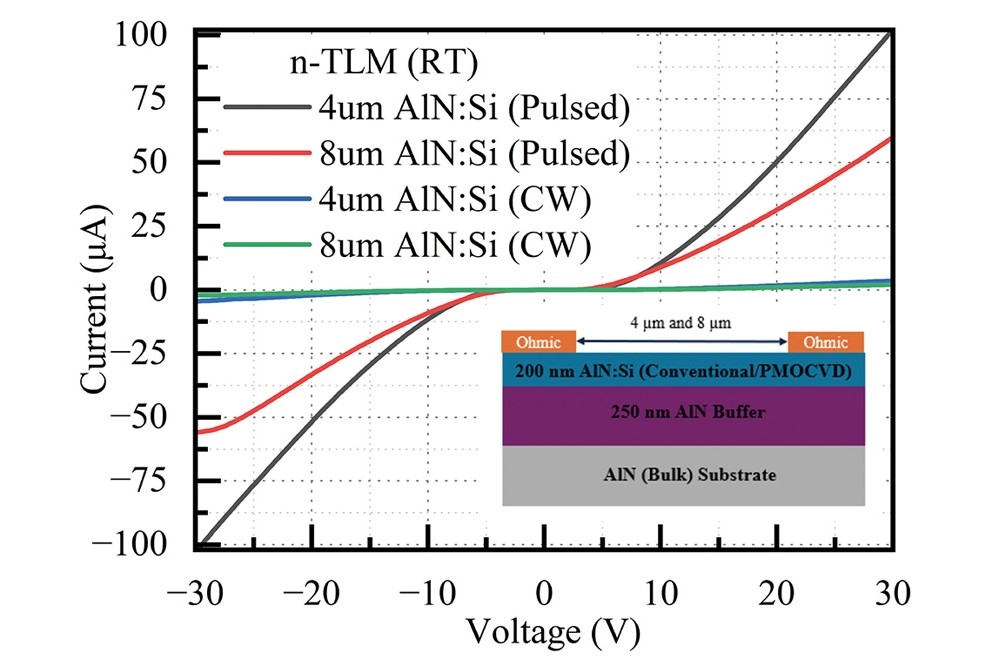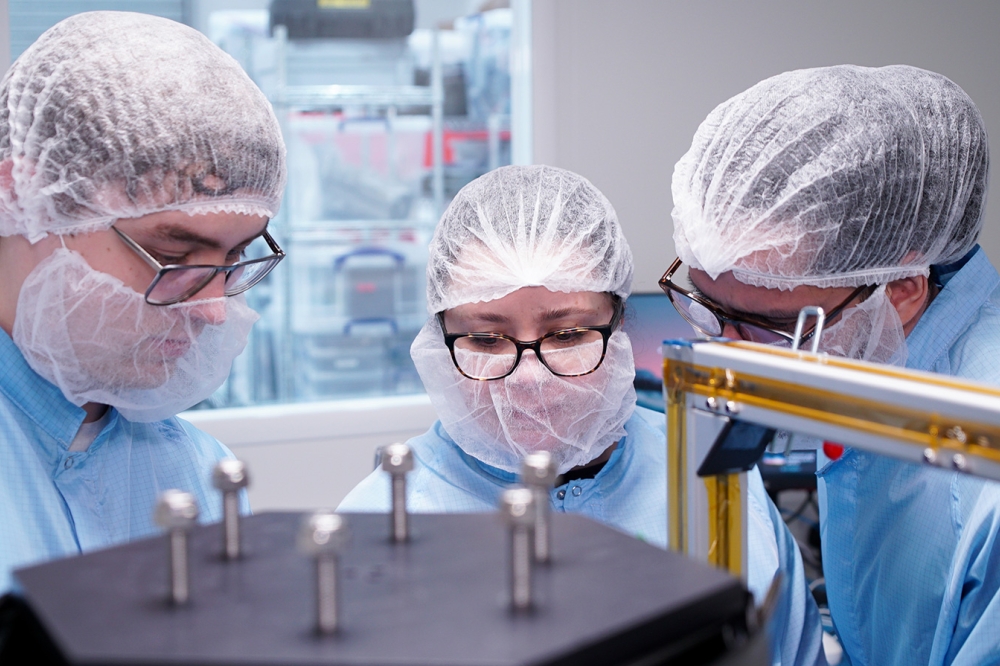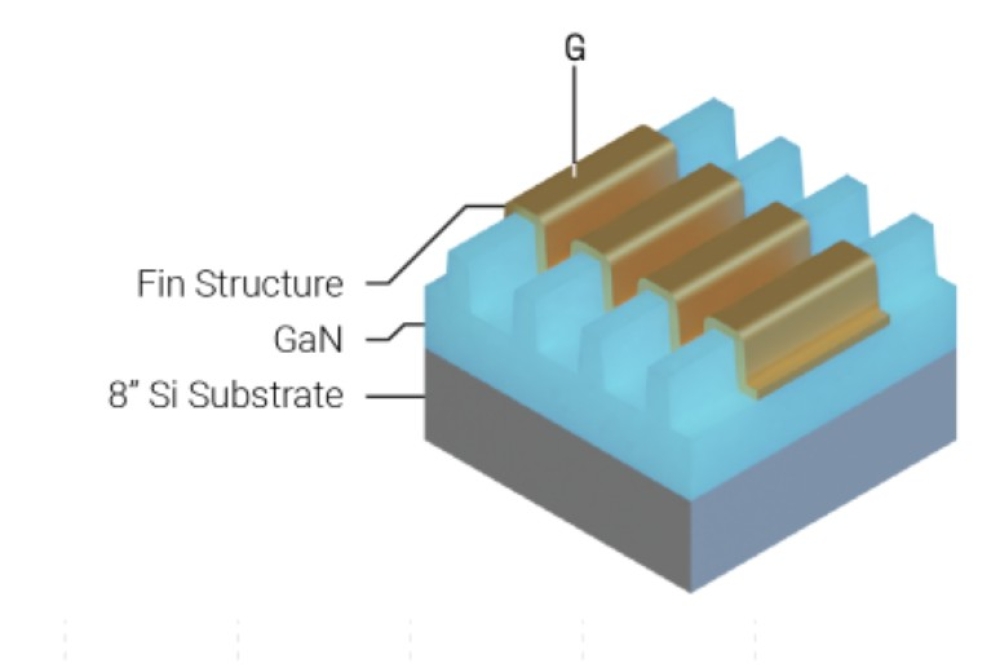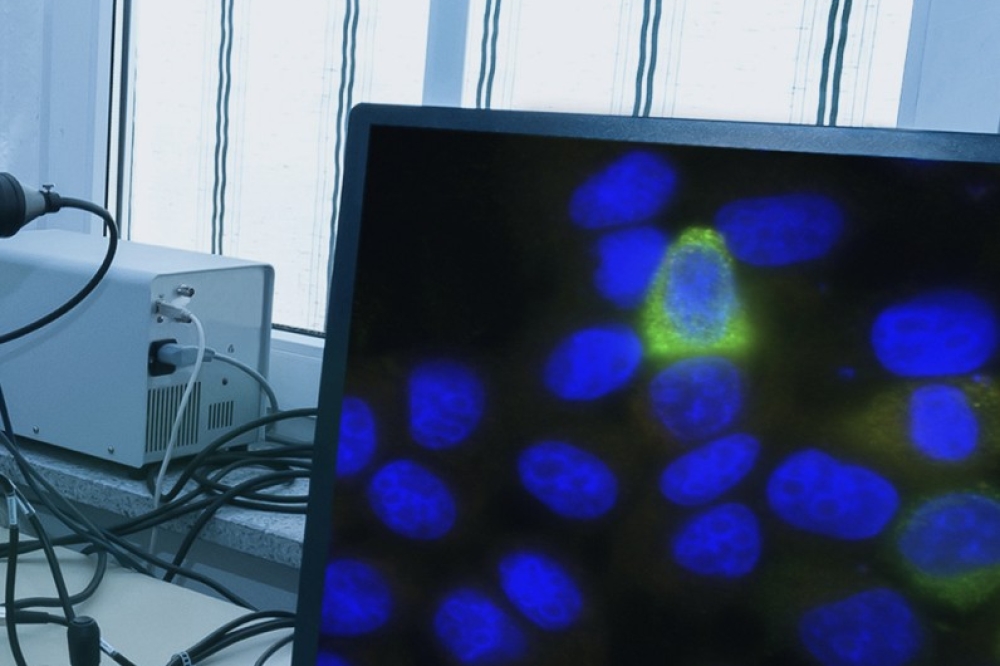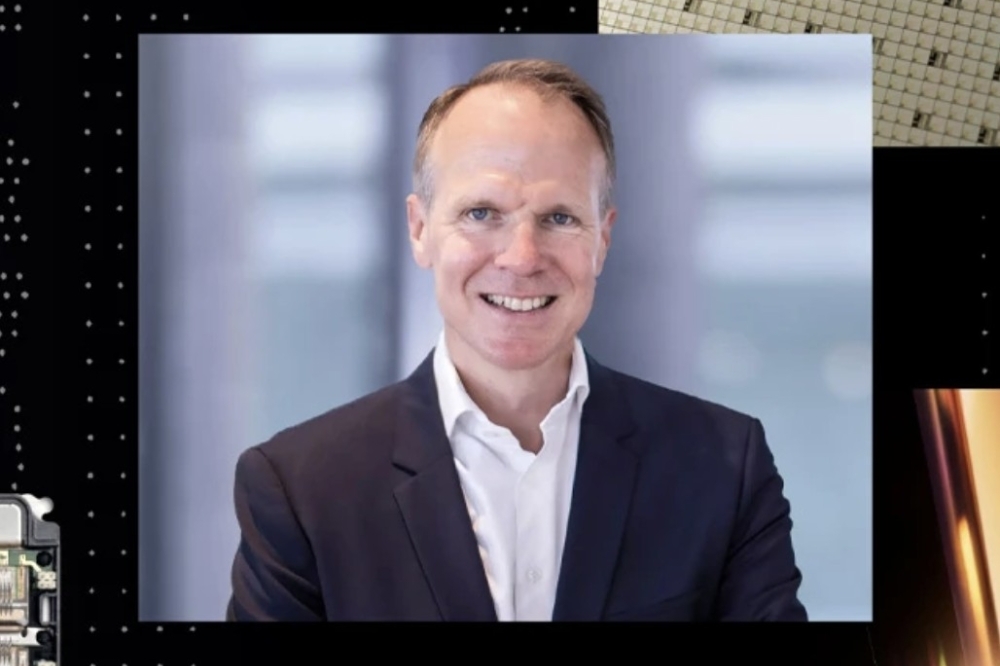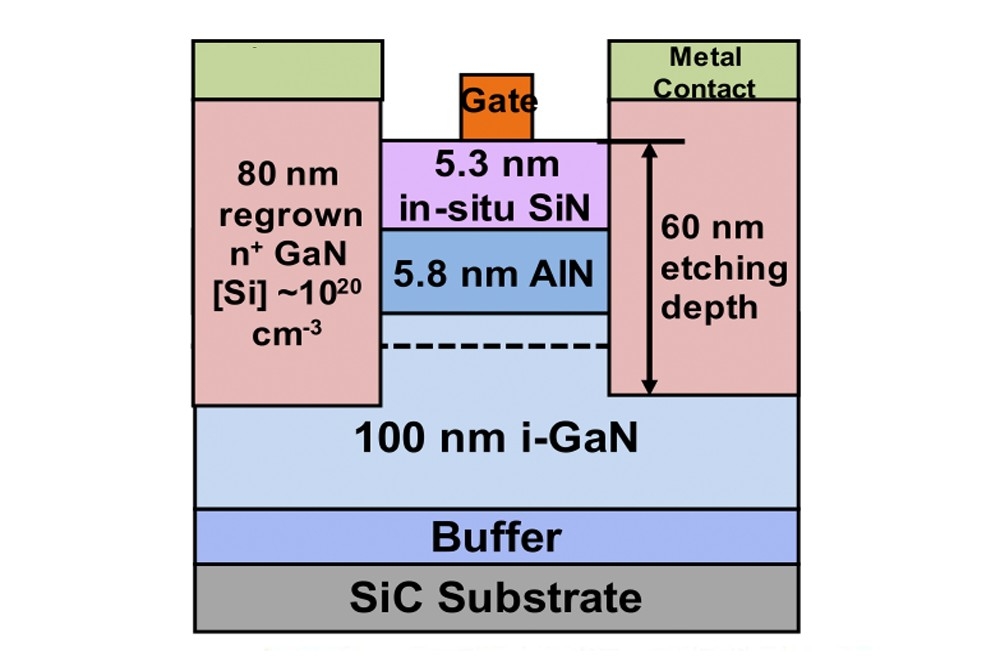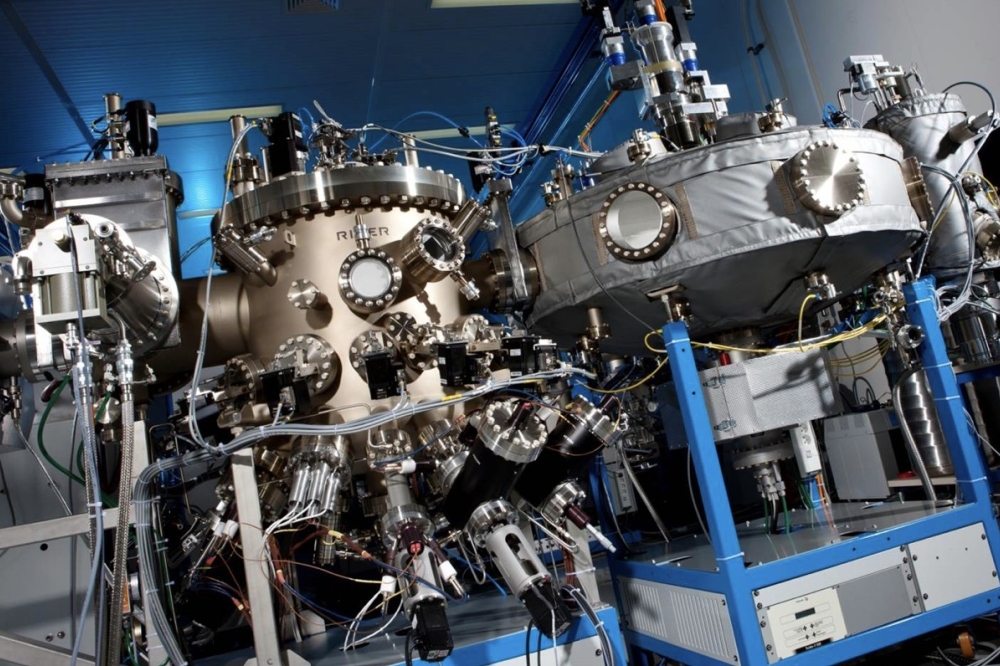News Article
$2.8M DoE grant for Gallium Oxide project
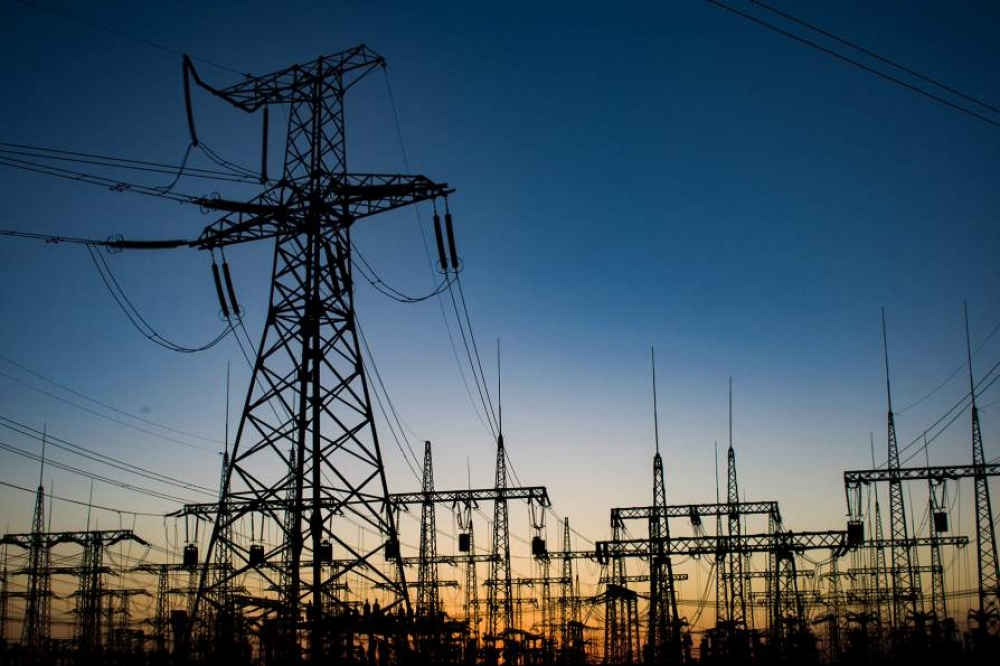
Research grant focuses on high voltage switches to help prevent blackouts and improve grid efficiency
A research team led by the University at Buffalo has been awarded a $2,847,754 grant from the US Department of Energy to advance B- Ga2O3 technology to help modernise the power grid.
The grant comes from the energy department’s Advanced Research Projects Agency-Energy (ARPA-E). It is part of ARPA-E’s Unlocking Lasting Transformative Resiliency Advances by Faster Actuation of power Semiconductor Technologies (ULTRAFAST) program, which aims to improve control and protection of the domestic power grid.
The award, part of $48 million in projects announced in February by the energy department, will support the development of next-generation, high-voltage power switches that more effectively control the flow of electricity.
According to the DoE, improved power switches will boost the power grid’s overall efficiency and help ensure its resilience against unforeseen outages (often caused by extreme weather), which are estimated to cost the US economy $150 billion annually.
They also will help ensure the US can meet future power demands, which are expected to increase substantially due to, among other things, the growth of data centres that power AI systems, cloud computing and other electricity-hungry applications.
“Much of the nation’s power grid was built in 1960s and 1970s. This explains, in part, why we have blackouts during periods of excessive demand and extreme weather,” says the grant’s principal investigator Uttam Singisetti, professor of electrical engineering in the School of Engineering and Applied Sciences.
He adds: “The semiconductor technology we’re developing will address these limitations and ultimately improve the resiliency of the grid so its ready to support the nation’s growing number of clean energy projects and transportation options such as electric vehicles.”
Singisetti will lead a team including researchers from Ohio State University and University of Illinois Chicago.




